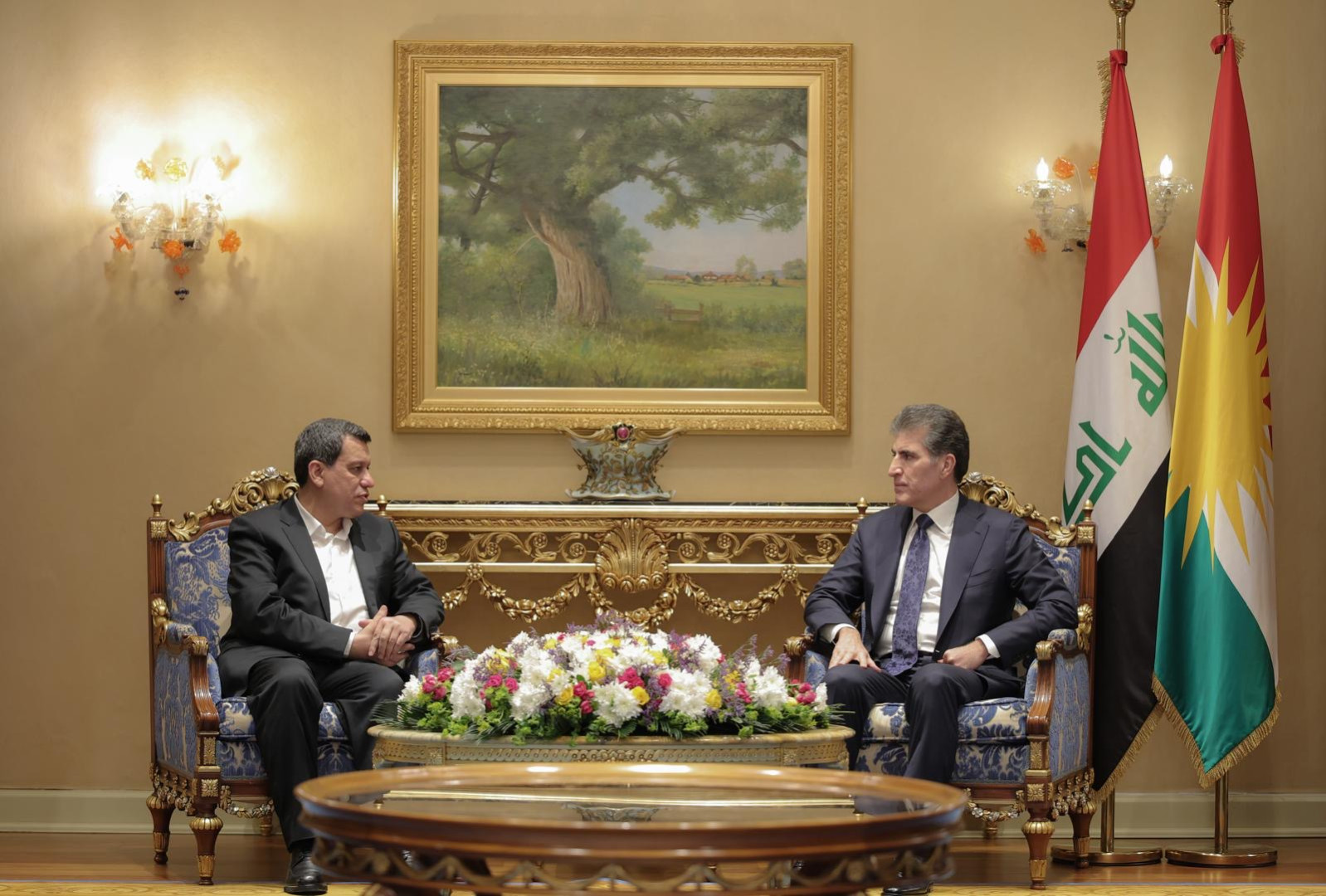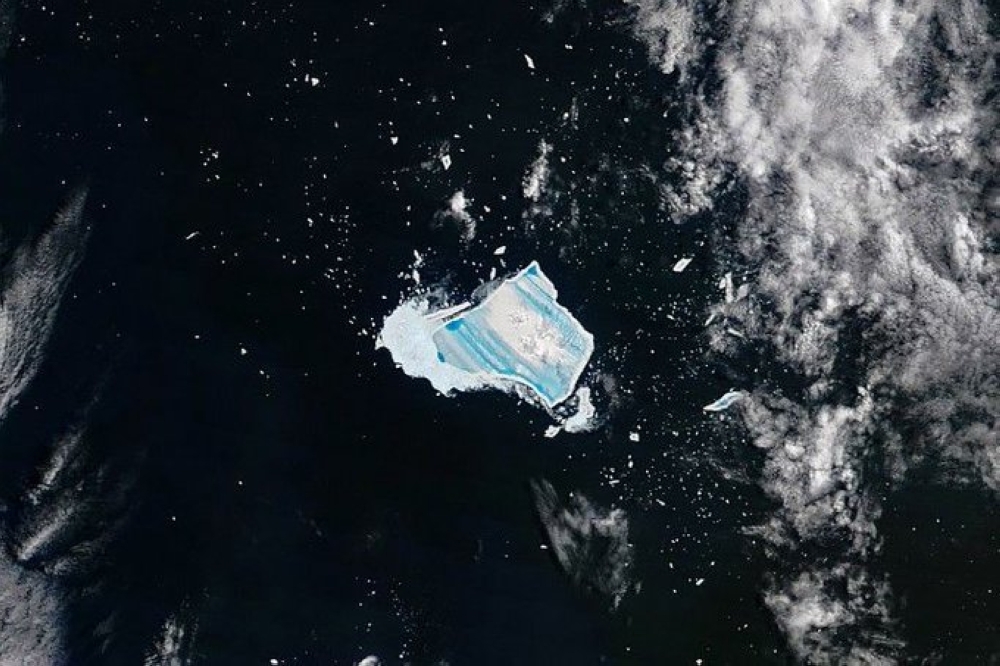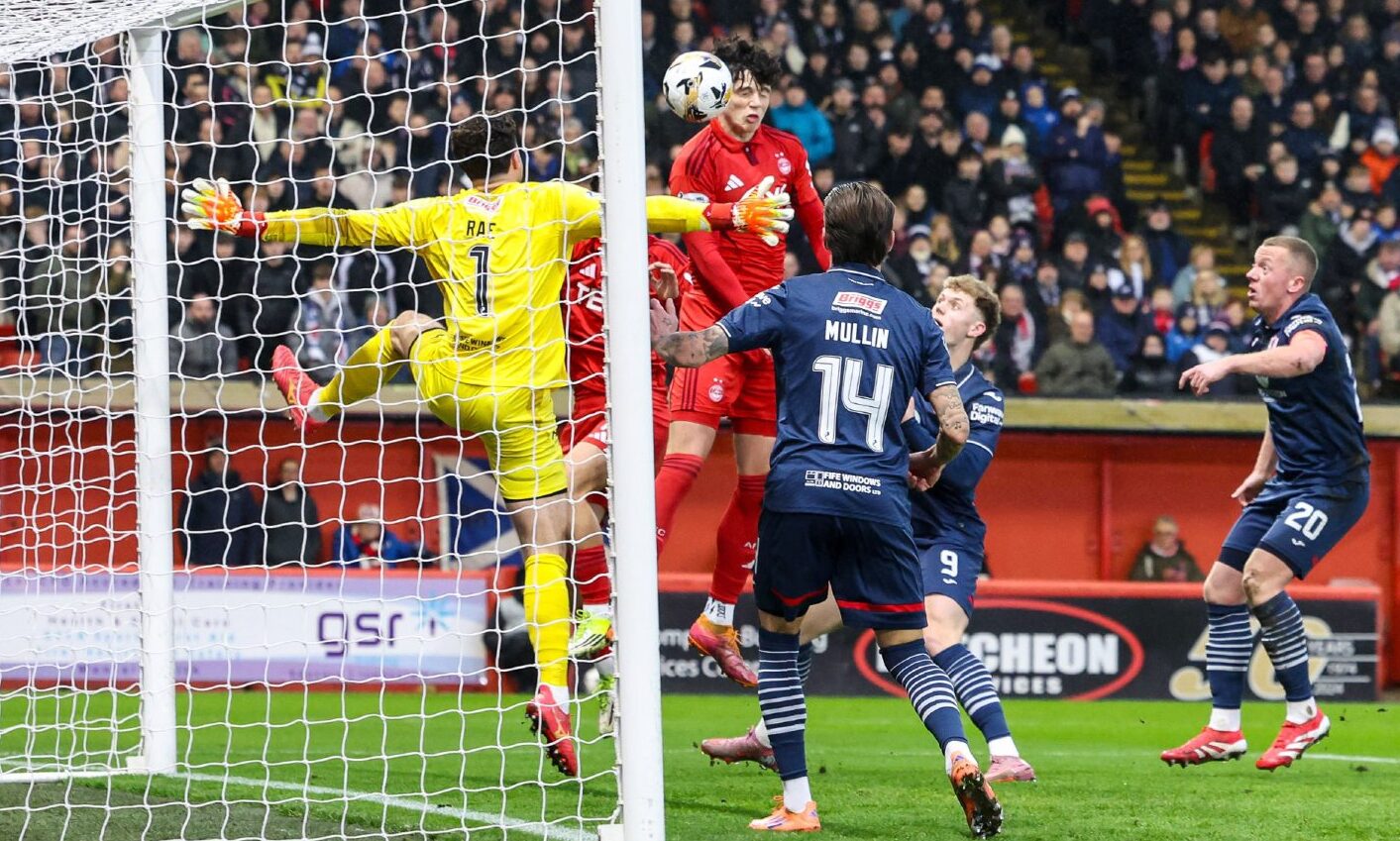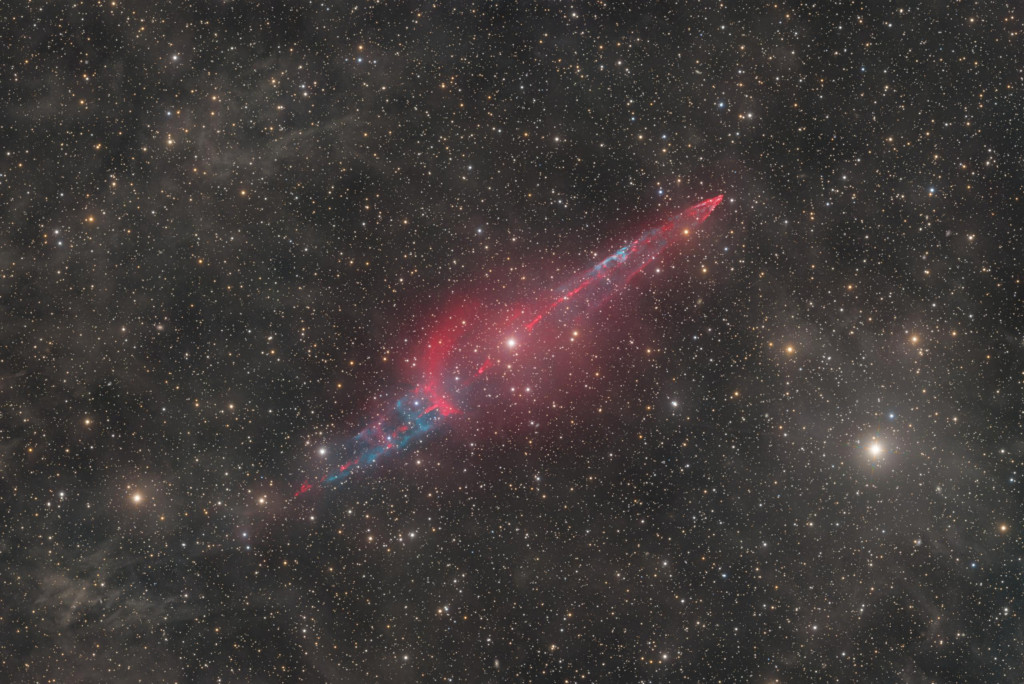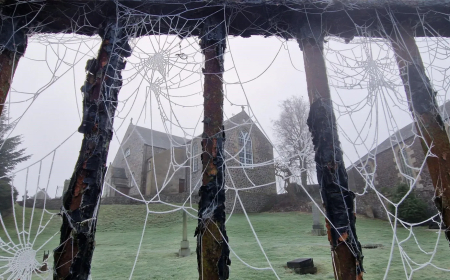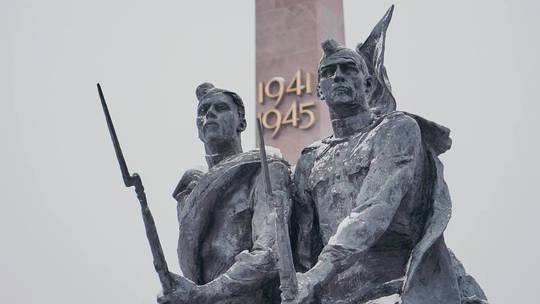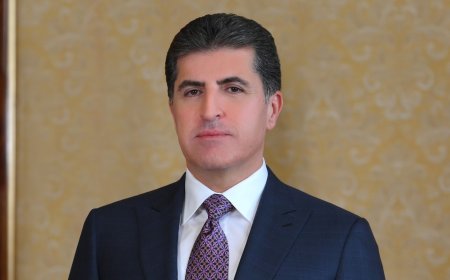Netanyahu powerless as Trump advances Gaza plan with Arab, PA forces
The second phase of the agreement with Hamas will force Israel to accept an international force composed of Arab soldiers and the involvement of the Palestinian Authority in the administration of the Gaza Strip.
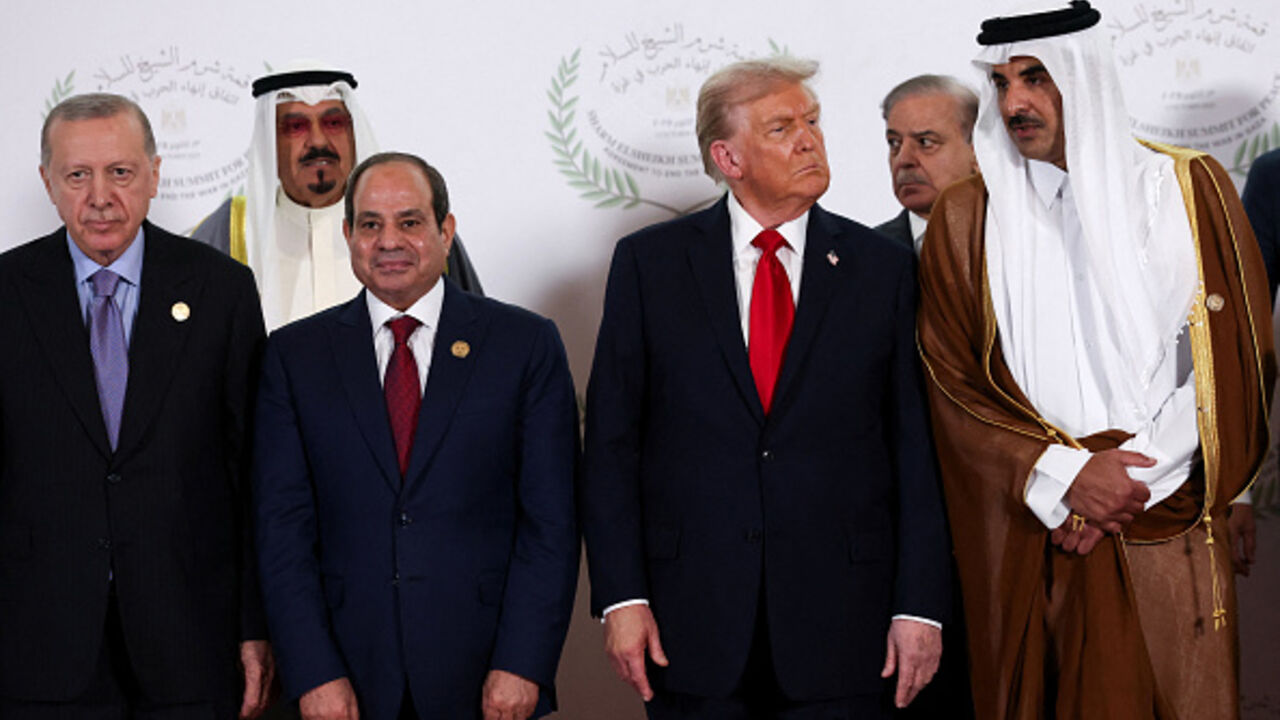
TEL AVIV — The Trump administration is moving ahead with the second phase of its plan to end the two-year Gaza war by cobbling together an international force to disarm Hamas and protect Gaza’s 2 million Palestinian residents. But Israel is balking both at the idea of Arab and Muslim forces on its border and at the emerging involvement of the Palestinian Authority in the plan’s implementation.
"Everything now depends on Trump," a senior Israeli diplomatic source told Al-Monitor on condition of anonymity. "Never has war in the Middle East, peace, reconstruction, negotiations, a redrawing of the geopolitical map and tens of billions of dollars all depended on the mood of one man.”
All eyes on Trump
“If Trump wants to advance to Stage B of his plan, we will advance to Stage B. If he loses interest, we will not," said the senior Israeli diplomatic source, adding that everything depends on the American president because Netanyahu will not say no to him, nor will the Turks, the Qataris or the Egyptians. "It's a crazy situation, but it's also full of opportunities,” the source noted.
Meanwhile, Hamas seems to be dragging its feet. Of the 28 bodies of Israeli hostages believed to be in the Gaza Strip, Hamas has only handed over nine, claiming it cannot find the rest in the rubble and chaos left by the two-year war. "It's true that in some cases they don't know where the bodies are, but in other cases they know, but they have no motivation to hand them back,” a senior Israeli military official told Al-Monitor on condition of anonymity.
Hamas is busy trying to reclaim control of the territories Israel vacated a week ago in accordance with the Trump plan. It has publicly executed Gazans it accuses of collaborating with Israel in front of cheering crowds. The group has also taken over assets that Israel left behind including dozens of trucks, weapons and large quantities of ammunition provided to local armed militias Israel hoped would further weaken Hamas.
Israel has accused Hamas of violating the terms of the plan by failing to hand over most of the hostage remains and is withholding some of the promised aid supplies to Gaza in response. But Trump advisers are downplaying the impasse, saying Hamas acted in good faith by returning all 20 living hostages on Monday and was working to find and return the rest.
Trump implied on Monday he had given Hamas some leeway Responding to a question by a reporter on Hamas rearming itself, Trump said Hamas had executed members of “very bad gangs,” adding, “That didn’t bother me much.” The president further said that Hamas militants "do want to stop the problems, and they've been open about it, and we gave them approval for a period of time."
Two days later, Trump appeared to reverse course. “If Hamas continues to kill people in Gaza, which was not the deal, we will have no choice but to go in and kill them,” he warned on Wednesday on his Truth Social platform. In a phone call with Netanyahu on Thursday, he expressed the same position, an Israeli diplomatic source told Al-Monitor.
The second phase of the plan, which calls for disarming Hamas and demilitarizing Gaza, will present further challenges. Hamas refuses to disarm and hopes to continue running the Gaza Strip despite being greatly weakened, while Netanyahu wants to keep Israeli troops in Gaza.
"Netanyahu doesn't want to see Turks or Qataris running the Gaza Strip,” one of his associates told Al-Monitor on condition of anonymity. “Handing the keys to the Gaza Strip to hostile international elements could also set a dangerous precedent. Down the line, the international community could demand a similar model in the West Bank, where there are hundreds of thousands of Jewish settlers.”
Netanyahu has made it clear that despite the euphoria over the return of the living hostages, Trump’s landmark Jerusalem visit on Oct. 13 and his declaration of the end of the war, he is not ready to abandon his hawkish, pro-settlement political base. He might have liked to rub shoulders with world leaders at Tuesday’s summit after Trump wangled an invitation for him from Egyptian President Abdel Fattah al-Sisi, but his extremist government partners would not stomach his attendance alongside Palestinian leader Mahmoud Abbas.
Everything depends on disarmament
About 200 American soldiers have already landed in Israel to help oversee implementation of the agreement, but they will not be the boots on the ground tasked with disarming Hamas. Trump administration officials are in talks with Indonesia and Azerbaijan about sending military personnel into Gaza to support a police force made up of local Palestinians. Administration officials told reporters that the governments of Egypt, Qatar and the United Arab Emirates will also support the effort, contributing military trainers or funding.
A senior Israeli security source told Al-Monitor on condition of anonymity that everything depends on disarmament. “Ultimately, after the talks, the agreements, the ceremonies and the speeches, there are 2 million Palestinians in Gaza in a difficult situation and there is an armed, violent and cruel organization that will not willingly give up. … It’s not certain that any country will agree to endanger its soldiers in this hell."
Clearly, these potential obstacles are not holding Trump back. The Americans are determined to push forward the reconstruction of the Gaza Strip, starting with a pilot program around Rafah, a city bordering Egypt that has been almost completely destroyed in the fighting and where Hamas does not hold control. The goal is to create a reconstruction model that will appeal to Gaza’s displaced residents and further dilute any power remaining to Hamas.
Al-Monitor has learned that former British Prime Minister Tony Blair, who is slated to head the board of directors that will run Gaza in accordance with the Trump plan, met this week with Hussein al-Sheikh, the deputy head of the Palestinian Authority. Under the terms of the plan, the PA is supposed to send an armed force to manage the Rafah crossing between Gaza and Egypt and the route along the Gaza-Egypt border used to smuggle materials and equipment to Hamas.
Israel objects to any PA presence in Gaza, as does Hamas. The last confrontation between Hamas and the PA ended badly, when Hamas won local elections in 2006 and forcibly kicked out the PA, throwing some of its members off the roofs of high-rise buildings.
[Source: Al-Monitor]

